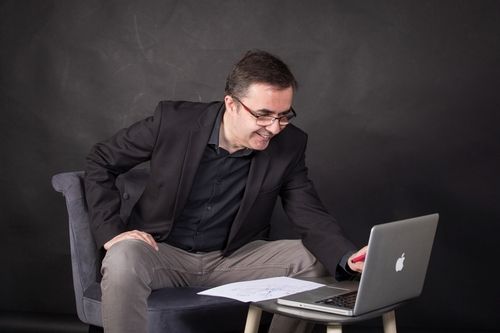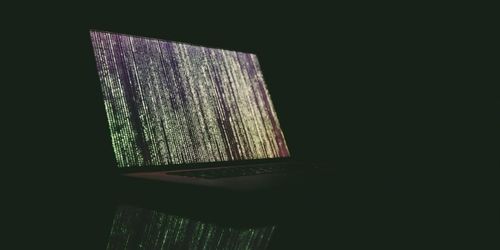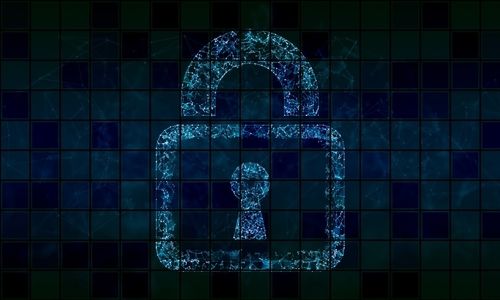Tight deadlines are an everyday job if you're a creative: a beautiful, countless amount of ideas to adapt and match to your client's needs.
Meticulous, out-of-the-box work that can sometimes run into snags.
In fact, imagine this: you've filed all the work on your beloved computer and while you're out and about, trying to refresh your mind, you drop your device.
Suddenly, you try to check if everything is as it was a few seconds before, but it actually gives no sign of life.

Yes, it really happened - you threw away 2 weeks of work along with a good relationship with the client - who is now angry.
You feel lost, clueless. This is exactly what Christophe felt that horrible day when he lost all his creative work due to a hard drive crash.
In this article, we'll highlight key points from the chat we recently had with Christophe Mongrédien and discuss where to store sensitive data to improve efficiency.
"L'Efficacité Créative" or how to structure your ideas: mind-mapping with Christophe Mongrédien
55-year-old and based in Tours, France - this is Christophe Mongrédien, freelance consultant in Mind Mapping.
Mind Mapping refers to the art of organizing ideas in a methodical way. Christophe is a volcano of ideas and this was exactly what he needed.
“Mind mapping is mind blowing, I used to get a lot of ideas and have trouble organizing them. Now I have the method to do it and I like to spread this knowledge as much as possible.”

And this method changed his life for real! Christophe left his stable job after some time in renewable energy at CLER to pursue a freelance life in 2008 (for 13 years now) - empowering others through the same method that changed his personal life. Allowing people to structure their ideas and reach unexpected levels of creativity.
However, unexpected events can happen and cause unnecessary headaches, undermining the creative process.
This is when Christophe began to wonder if there was a way to definitively address this fact - by knowing exactly where to store sensitive data and devoting his time to what he loves.
Rethinking where to store sensitive data to achieve peace of mind
“I am very concerned about hard-disk malfunction. I had problems with my Macintosh: malfunctioning hard-drives and lost a few days of work. It was a very bad time.”
Christophe was primarily using the free Google Drive plan and a few hard-disks when he experienced this nasty event, making him rethink where to store sensitive data. Both personal and business.
Related reading: How to protect your privacy online: 5 actionable tips!

Trying different services from the insecure Amazon for Photos (taking advantage of being a Prime user!), to pCloud - which he didn’t like because of its cumbersomeness in use.
Surrounding him was a crowd of friends and professionals - who didn't care about security or privacy at all.
"People don't care at all about where they store their documents, only the day something happens do they cry about it - like I did with my two weeks of work lost after the hardware malfunctioned."
It would have been better if they had made a backup. Especially an encrypted one, as Christophe did in the end.
Related reading: Why you can’t afford NOT to use a true encrypted cloud backup in 2021
Chase away bad thoughts with an encrypted cloud backup
"I was desperate to find a method to store data in an orderly fashion, as I did with my thoughts. When I saw Cubbit I found it so brilliant. Cubbit to me is how the Internet should be: everyone has a little piece of the Internet at home and can store and share files securely. Cubbit is like a dream in that way."
After the choice that changed his life in 2008, joining Cubbit represents another crucial moment for Christophe.
Cubbit is the first distributed cloud in Europe, going beyond current market standards in terms of security, privacy and environmental sustainability. Instead of relying on a traditional data center, it is built on a unique distributed p2p infrastructure built on the connection between its - user-powered - Cubbit Cells.
The technology Cubbit uses is called zero-knowledge encryption and when it’s applied, no one, (not even the service provider itself!) can read the data. This equates to complete security and privacy.

"I started by putting things in Cubbit little by little. Now all my personal information and work videos are on the cloud, I'm really confident that the files are safely stored that way.
But there's more. Cubbit's unique architecture provides a number of unbeatable advantages:
First of all, they don't need power-hungry cooling systems to maintain data like traditional server farms do - this equates to less power consumption, but also less impact on the environment which qualifies Cubbit as a green solution. Something you don't see every day."
Related reading: Data centers are the new plastic.
"On top of that, the concept of collective data storage means that I can't really lose my data in a disaster (caused or natural!), as happened with OVH data centers in Strasburg. In a world where climate catastrophe happens sometimes, it's better to be safe.
In my opinion, Cubbit will become a place to store sensitive data that is impossible not to use."
We met Christophe when he sent us this video:
How about you? What do you think is the best place to store sensitive data?
Let me know your opinion! In the meanwhile, you can try Cubbit for free for 30 days — no credit card required!








